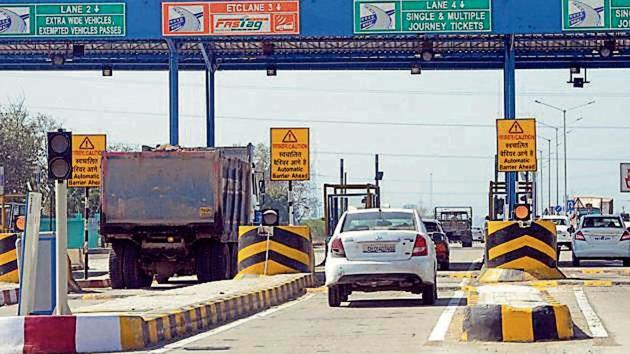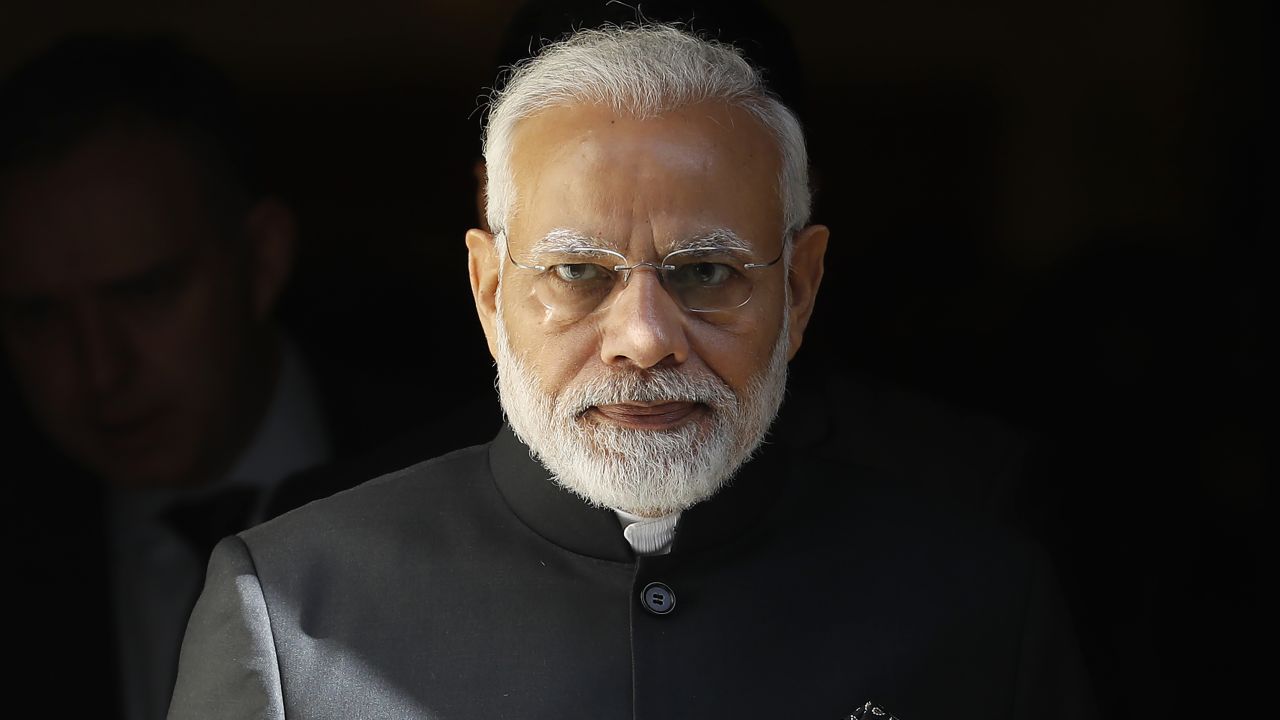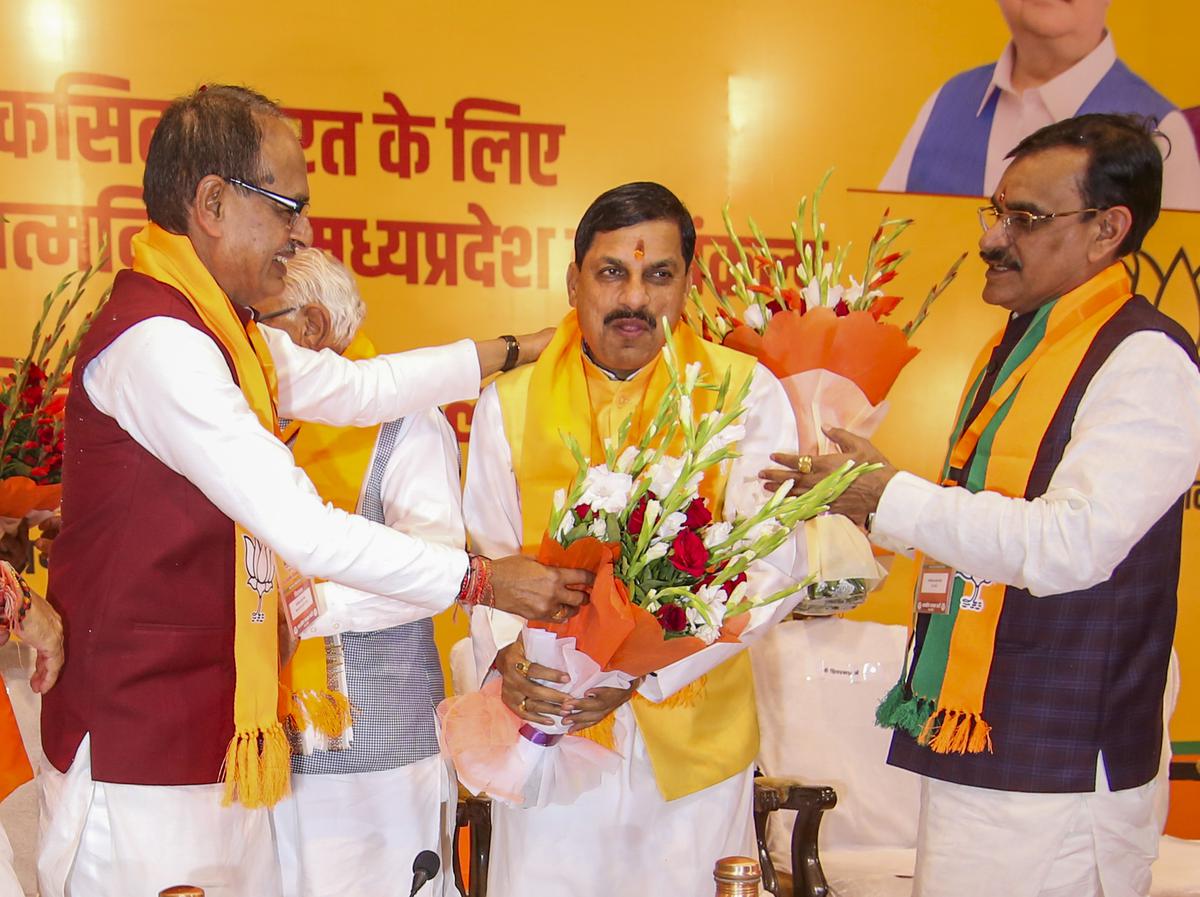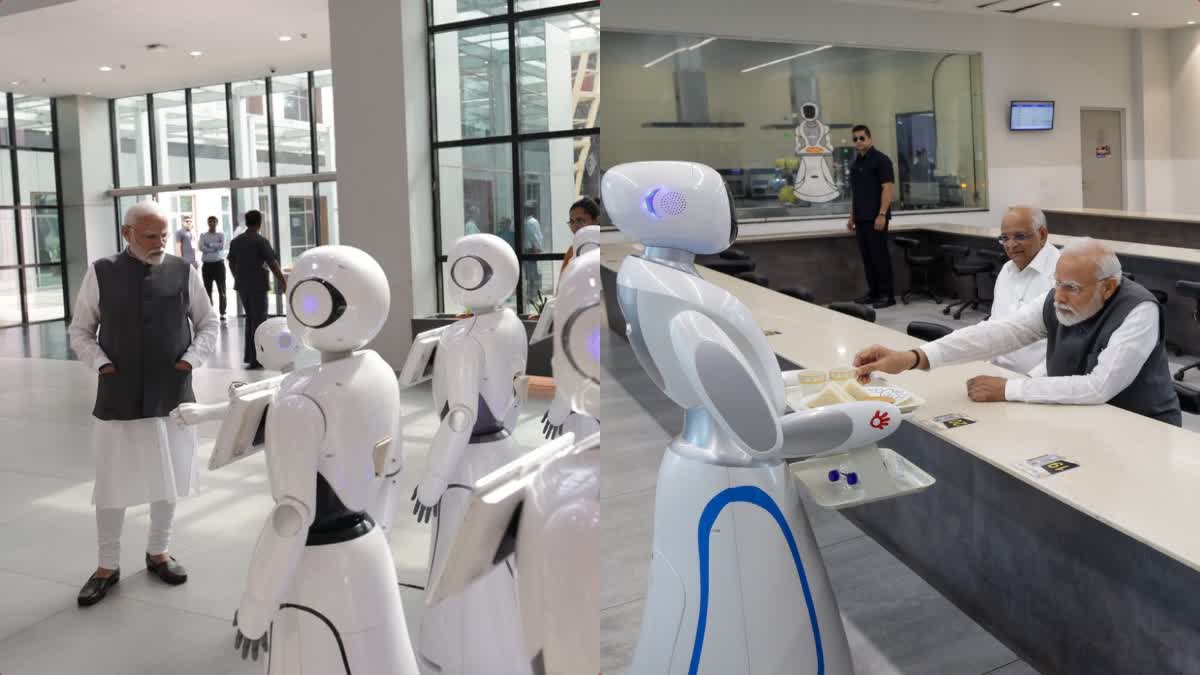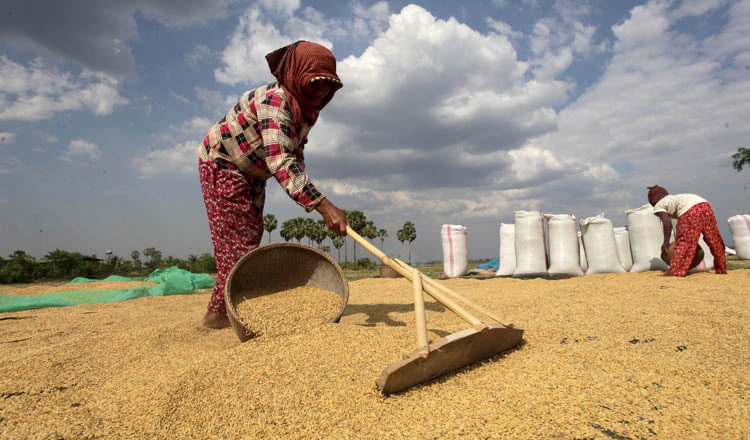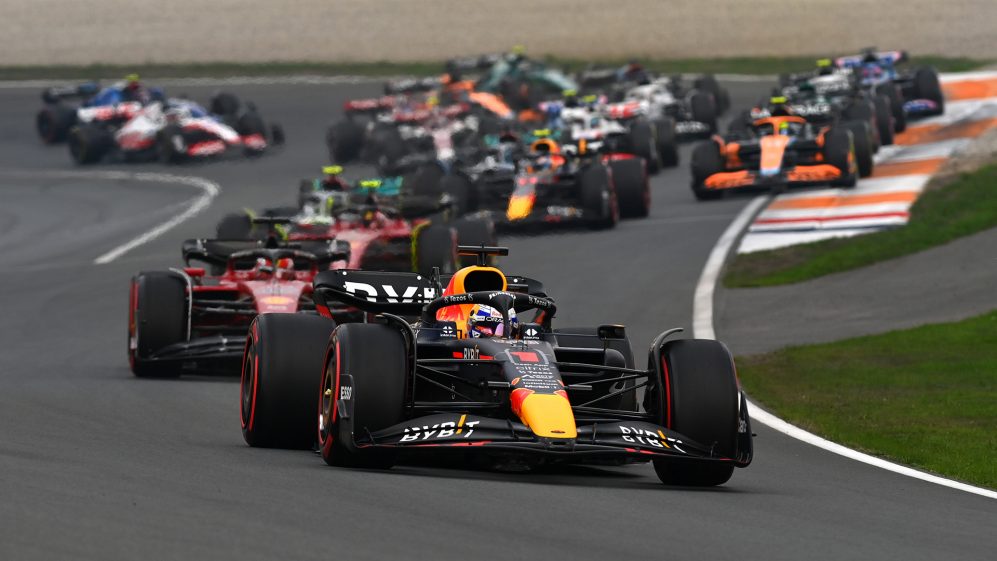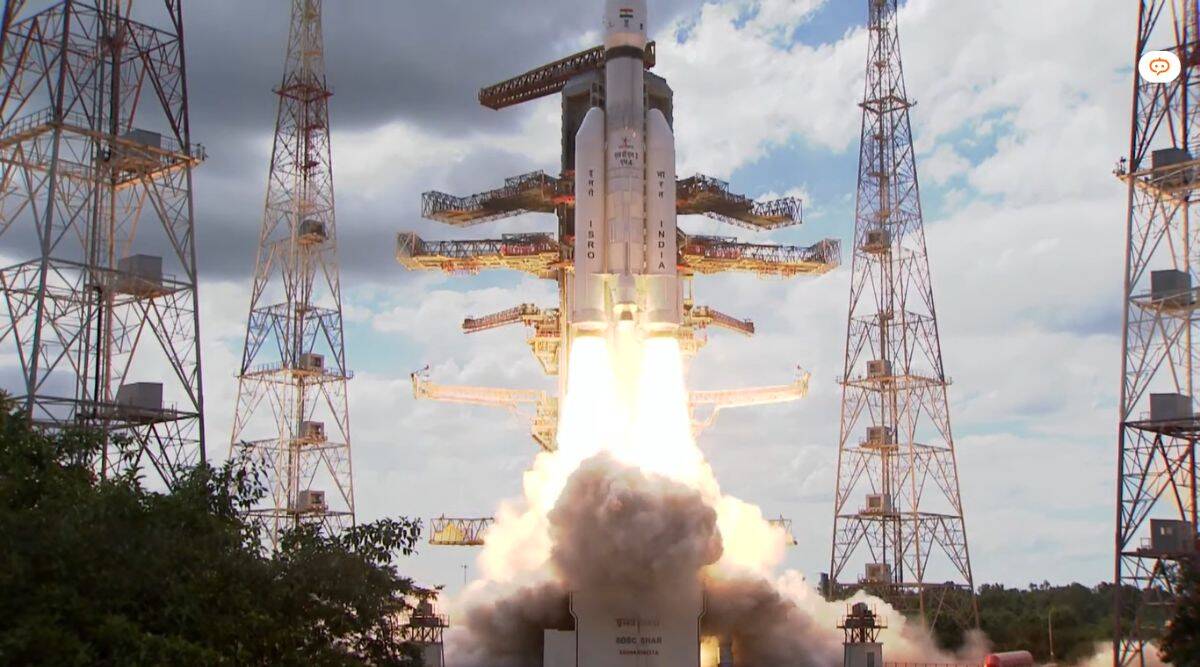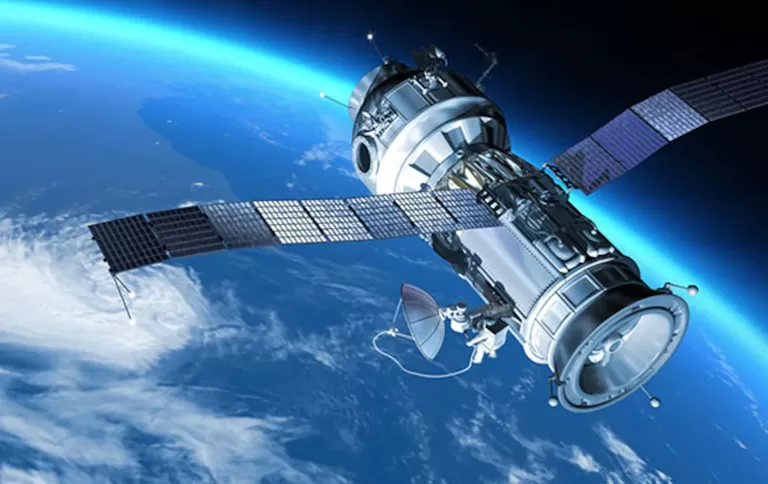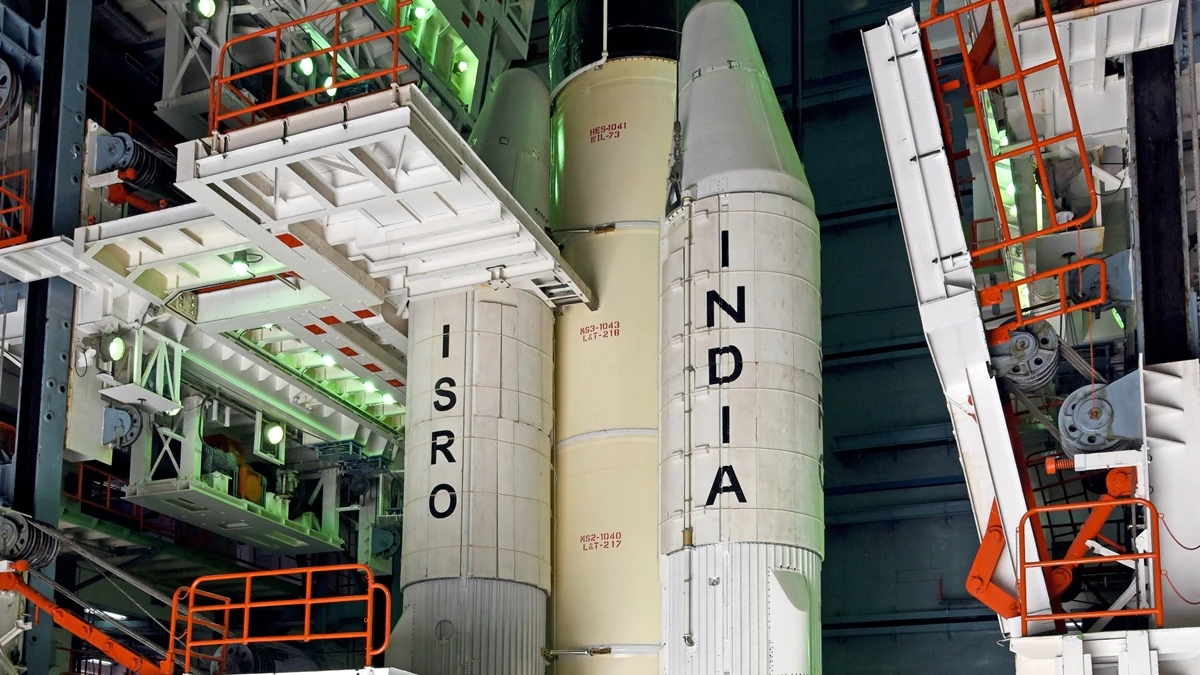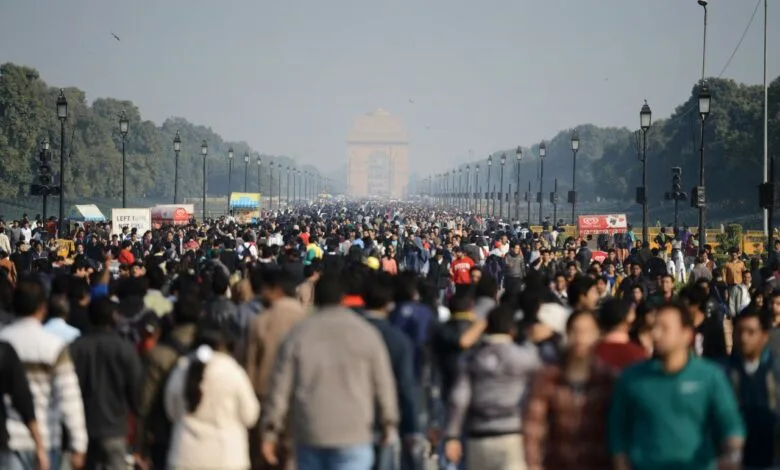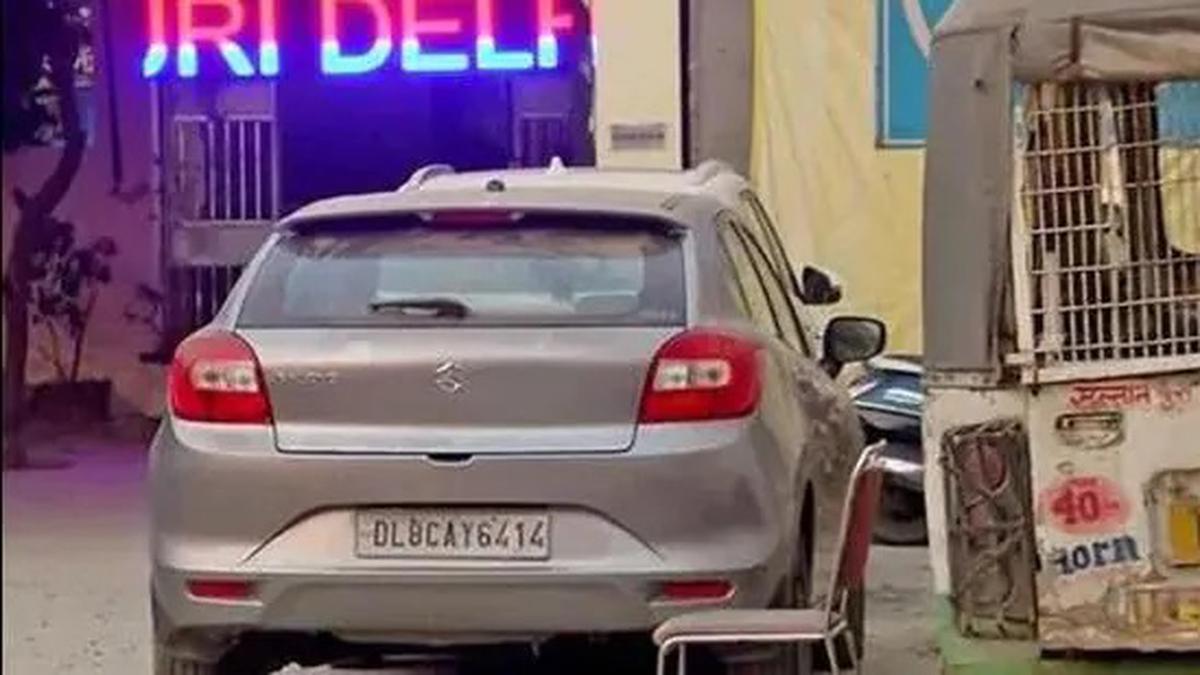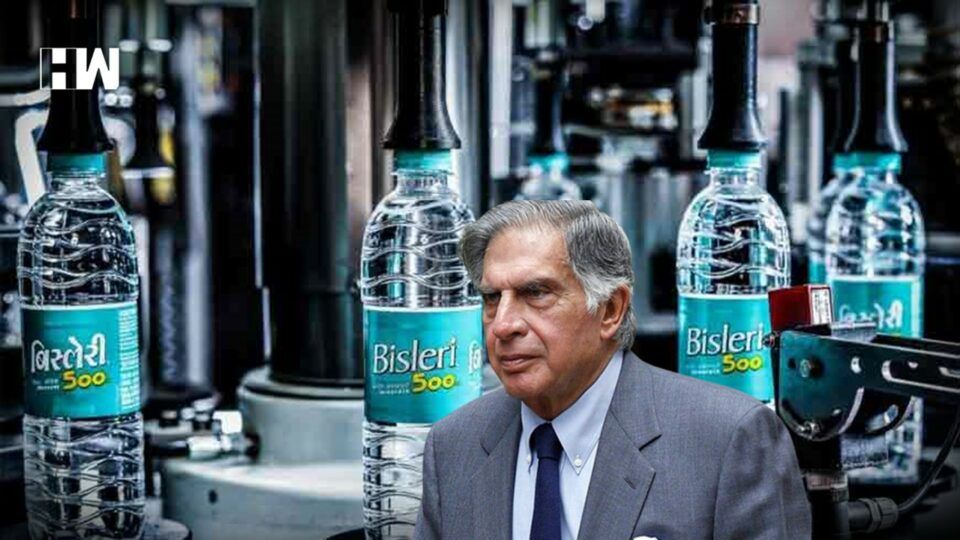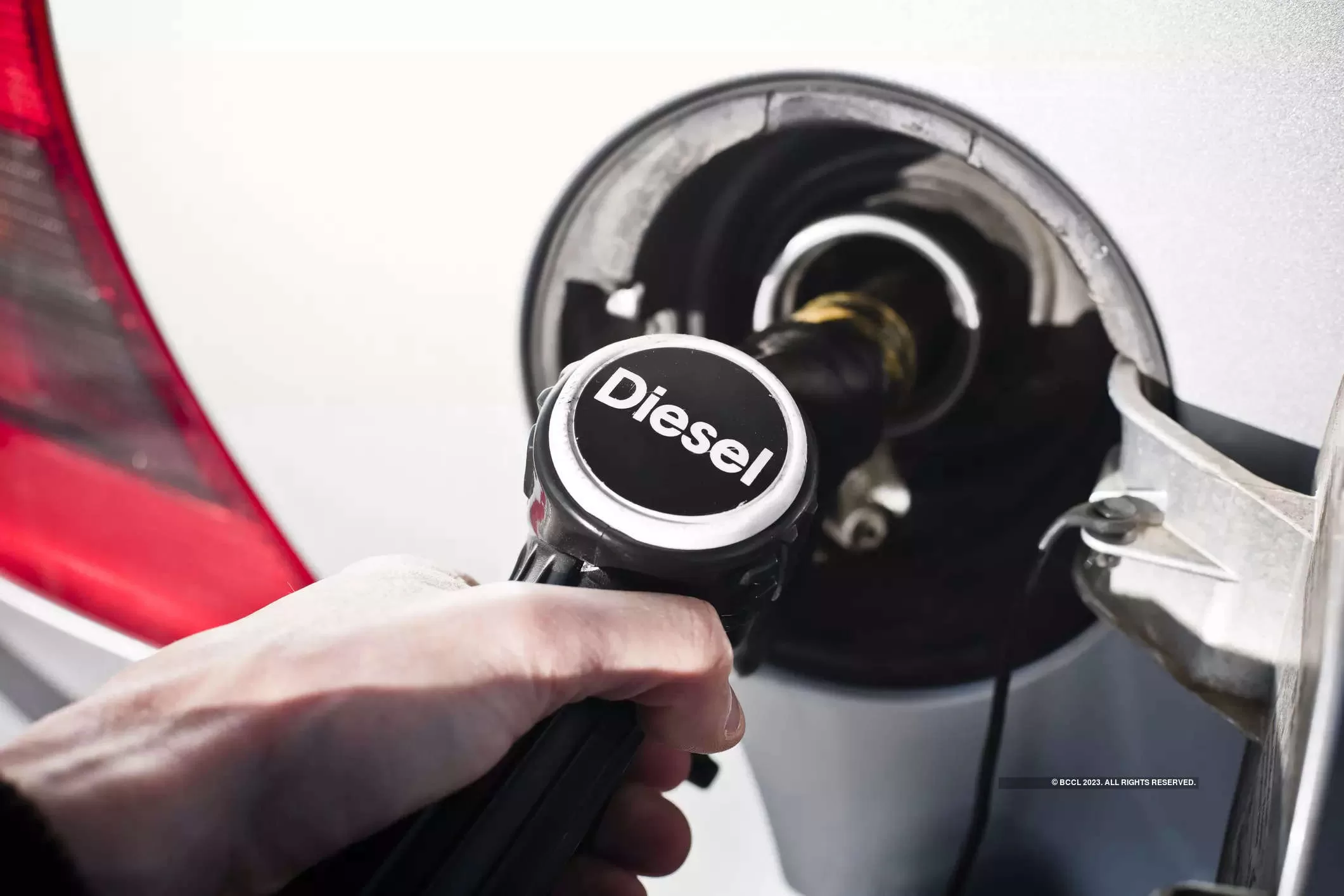
According to a paper commissioned by the Indian Ministry of Petroleum and Natural Gas, diesel-powered four-wheeler should be banned by 2027 in cities with a population of above 10 lakh in favour of electric and gas-powered automobiles.
By 2035, the panel, which was led by the former oil secretary Tarun Kapoor, recommended phase out of internal combustion-powered motorcycles, scooters, and three-wheelers.
The research also recommended a 10-year restriction on the installation of new diesel city buses in populated regions.
According to the panel, passenger cars and taxis should switch to ethanol-blended fuel and electric vehicles, respectively, with nearly a 50% share in each category.
The report advised that, in addition to banning diesel-powered cars, only electric-powered city delivery trucks should be permitted starting in 2024 and that, by 2030, no new city buses should be added that are not electric.
India wants to generate 40% of its electricity from renewable sources by 2070 and power predicted carbon emissions by one billion tonnes in order to reach its target of reducing emission to net-zero by that year.
The report recommended increasing the use of natural gas, which is less polluting than liquid fuels like diesel, in manufacturing and transportation and increasing its part in the country’s energy mix from 6.7% to 15% by 2030.
In addition, the research recommended using CNG as a bridge fuel for the following 10 to 15 years as we make the switch to electric vehicles.
The analysis favoured the use only electric-powered city delivery vehicles for new registrations starting in 2024 and recommended increasing the use of railroads and gas-powered trucks for the transportation of freight.
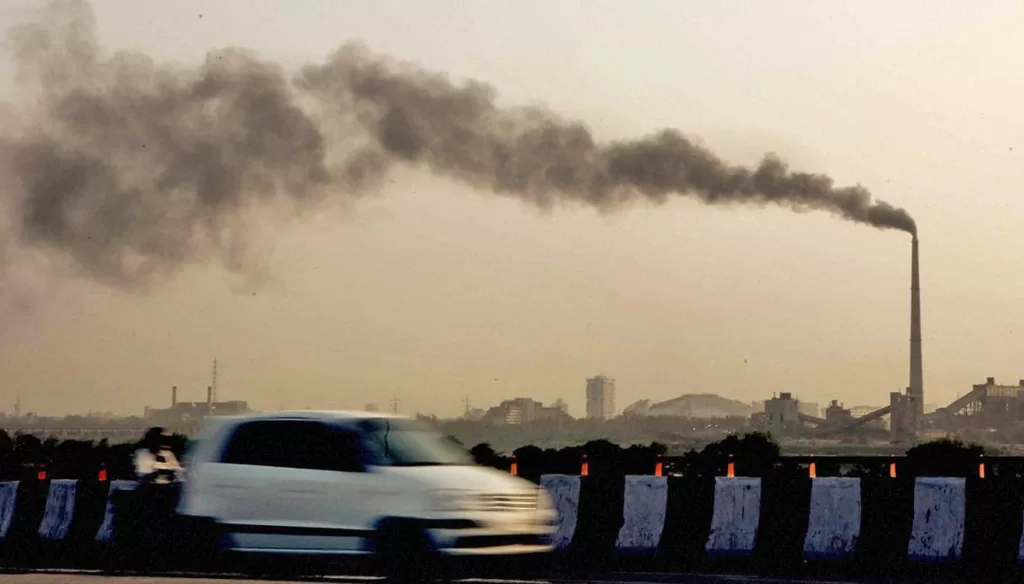
The FAME scheme should be continued until March 31 in order to hasten the development and uptake of electricity vehicles in the nation, according to the research.
The group recommended that EVs be promoted as the best option in order to get ready for the phase-out of internal combustion engine two-and three wheel vehicles by 2035, while the Indian government has yet to adopt the study. Policy support for ethanol-blended fuel with a rising blend ratio must be provided in the interim.
The analysis emphasised that the switch to EVs in the car industry will have the biggest impact on how quickly fossil fuel usage transitions.
A rapid switch to EVs brought on by regulatory requirments will hasten refineries conversion to generation of renewable energy and biofuels and reduce global carbon footprints.



































































